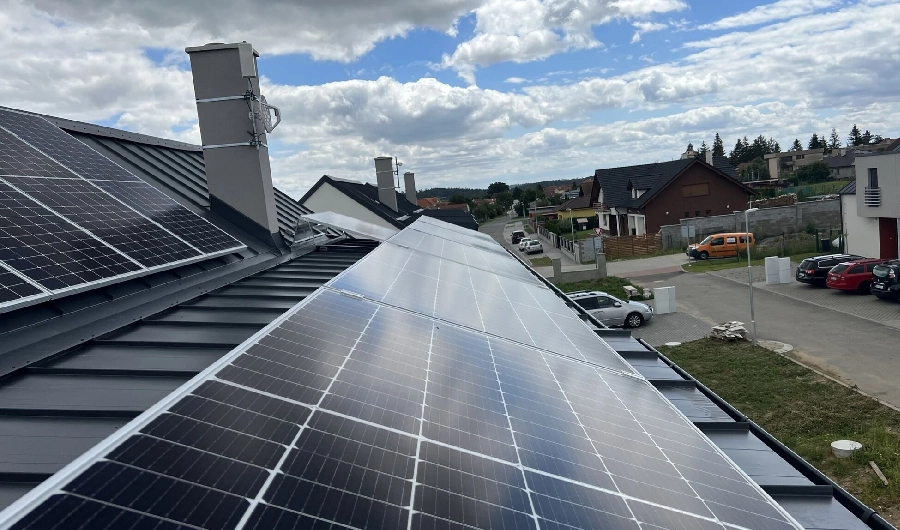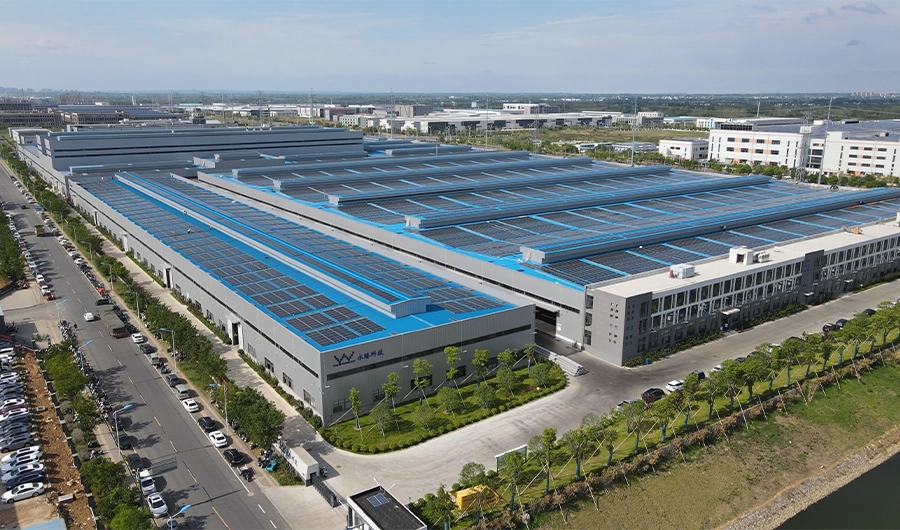In recent years, solar power has become increasingly popular as a clean and renewable energy source. For those interested in going solar without the upfront costs of purchasing a solar system, solar leases provide a viable option. In this blog post, we will delve into the world of solar leases, explaining what they are, how they work, and how they compare to other financing options. We will also discuss the pros and cons of solar leasing, delve into the cost considerations, and address common concerns such as the implications of ceasing lease payments. So, let's embark on this friendly journey to discover all you need to know about solar leases in 2024.
Table of Contents
1. What is a Solar Lease?
A solar lease is a financial agreement between a homeowner or business owner and a solar company, allowing them to "rent" a solar energy system for a specified period. With a solar lease, the solar company owns and maintains the solar panels, while the customer enjoys the benefits of clean energy generated by the system.
2. How Does Leasing Solar Panels Work?
When leasing solar panels, the solar company installs the system on the customer's property at little to no upfront cost. The customer then agrees to make monthly lease payments for the duration of the lease term, typically 10 to 20 years. During this period, the customer benefits from reduced energy bills and the positive environmental impact of solar energy.

3. Solar Leasing Compared to Other Financing Options
- Solar Loan: Unlike a solar lease, where the solar company retains ownership, a solar loan allows the customer to own the system and take advantage of potential financial incentives, such as tax credits. However, loans require upfront costs and involve repayment of the loan amount with interest.
- Cash Purchase: A cash purchase offers the most financial benefits in the long run, as the customer owns the system outright and can take advantage of any available incentives. However, the upfront investment can be significant.
4. Pros and Cons of Solar Leasing
- Pros:
- No upfront costs: Solar leases provide a cost-effective way to access solar energy without a large initial investment.
- Maintenance and repairs: The solar company typically handles system maintenance and repairs, reducing the customer's responsibilities.
- Energy savings: Solar leases can lead to reduced energy bills, as the customer consumes electricity generated by the leased solar system.
- Cons:
- Limited ownership rights: As the customer does not own the system, they do not benefit from potential increases in the value of the system or tax incentives.
- Long-term commitment: Solar leases typically have lengthy terms, meaning the customer is committed to making monthly payments for an extended period.
- Transferability: Transferring a solar lease to a new owner if selling the property can sometimes be challenging.
5. How Much is a Solar Lease per Month?
The monthly cost of a solar lease varies depending on factors such as system size, location, and the terms of the lease agreement. Solar lease rates typically range from $50 to $200 per month, but it's essential to get personalized quotes from solar companies to determine the exact cost for your specific circumstances.

6. What Happens if I Stop Paying My Solar Lease?
If you stop paying your solar lease, the solar company may take legal action to recover the remaining lease payments. Additionally, there may be consequences for disconnecting or removing the leased solar panels without proper authorization. It's crucial to understand the terms and potential consequences before entering into a solar lease agreement.
7. Is Leasing Solar Panels Worth It?
Whether solar leasing is worth it depends on individual circumstances and priorities. Solar leasing can be an attractive option for those looking to go solar with minimal upfront costs and enjoy immediate energy savings. However, it's essential to consider long-term financial implications and evaluate other financing options to determine what aligns best with your goals.
Conclusion
Solar leases continue to provide a viable and accessible path to harnessing the power of the sun for clean and renewable energy. By understanding what a solar lease entails, comparing it to other financing options, and weighing the pros and cons, individuals can make informed decisions about their solar journey in 2024. Remember to research solar lease rates, ask questions, and seek personalized advice from reputable solar companies to ensure that your solar lease experience is both friendly and financially rewarding.
Meet the Author
Chinaland Solar Energy Co., Ltd. (SUNERGY)
Established in 2008, Chinaland Solar Energy Co., Ltd. (SUNERGY) stands as a beacon of innovation and excellence in the realm of solar energy. As a high-tech enterprise, SUNERGY is dedicated to the comprehensive advancement of solar technology, spanning research and development, production, sales, and service of solar modules and photovoltaic power generation systems.
With a steadfast commitment to quality and sustainability, SUNERGY has emerged as a leading brand in the photovoltaic industry. Our reputation for excellence is built upon a foundation of industry-leading module R&D capabilities and manufacturing levels, ensuring that every product deliver is of the highest standard.
As advocates for a greener, more sustainable future, the experts at SUNERGY are passionate about empowering individuals and communities to harness the power of the sun. Through their expertise and dedication, they continue to pave the way for a brighter tomorrow, one solar panel at a time.

